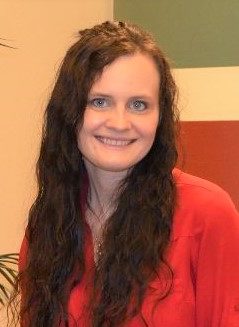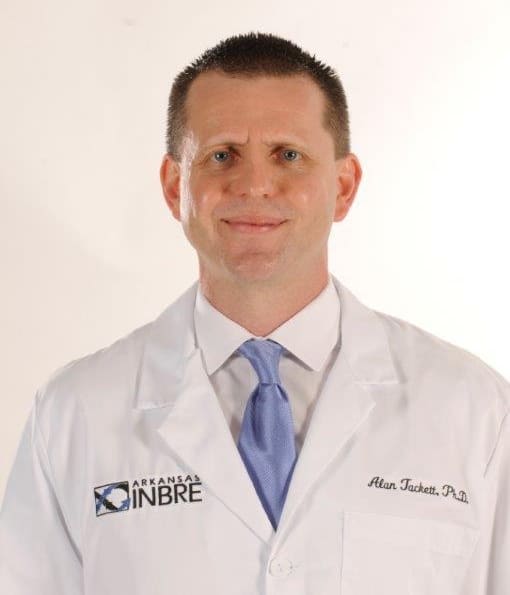

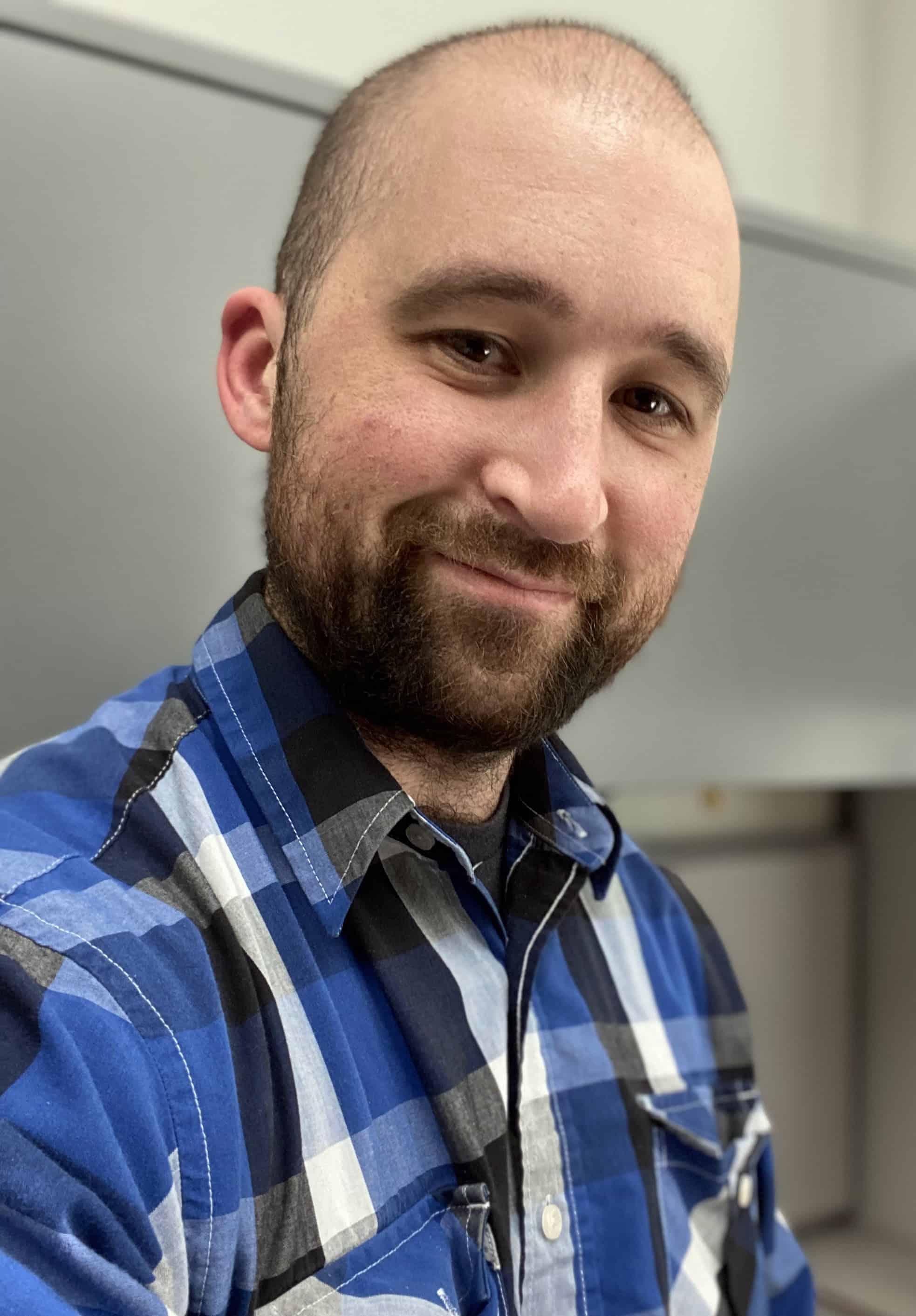





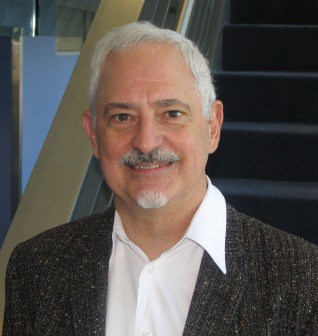






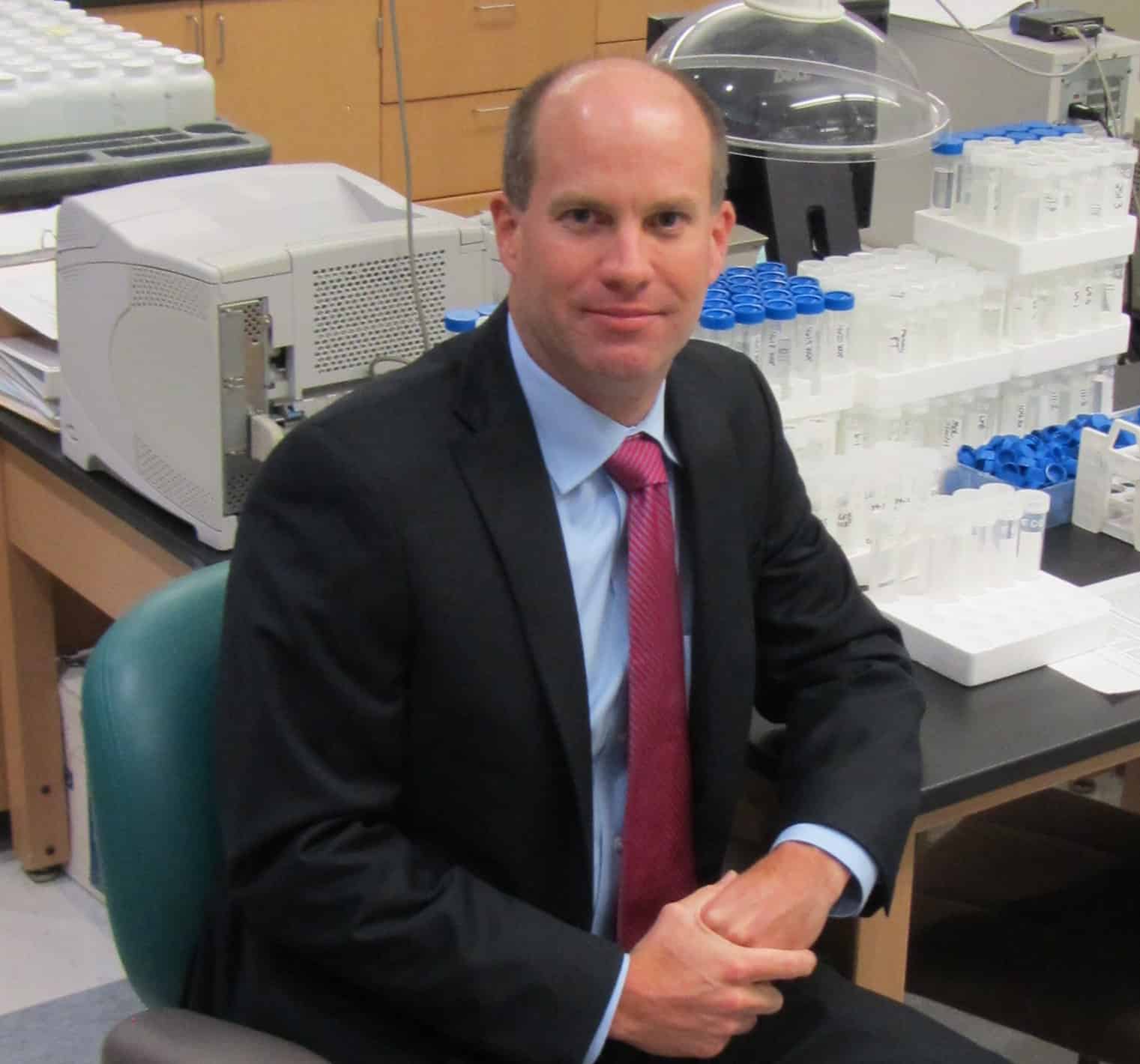

Our research is deeply rooted in understanding the pathogenesis of hypertension and its progression to heart failure. This is not just a scientific endeavor but a mission to uncover the mechanisms driving the development of hypertension. We are dedicated to translating our basic scientific discoveries into clinical applications, with the ultimate goal of contributing to a cure for hypertension. To achieve this, we have conducted rigorous screenings to identify potential pathogenic targets in hypertension. Building on these initial findings, we are currently performing laboratory experiments using a combination of pharmacological and genetic approaches to determine the role of these identified molecules in the development of hypertension. Our latest project investigates the role and molecular mechanisms of immune cells in stimulating sodium retention in the kidney, a key factor in the pathogenesis of salt sensitivity in hypertension. Additionally, we have acquired extensive techniques and research experience in physiology, biology, molecular genetics, epigenetics, histology, and vascular biology, all of which are essential for our pursuit of translational medicine.




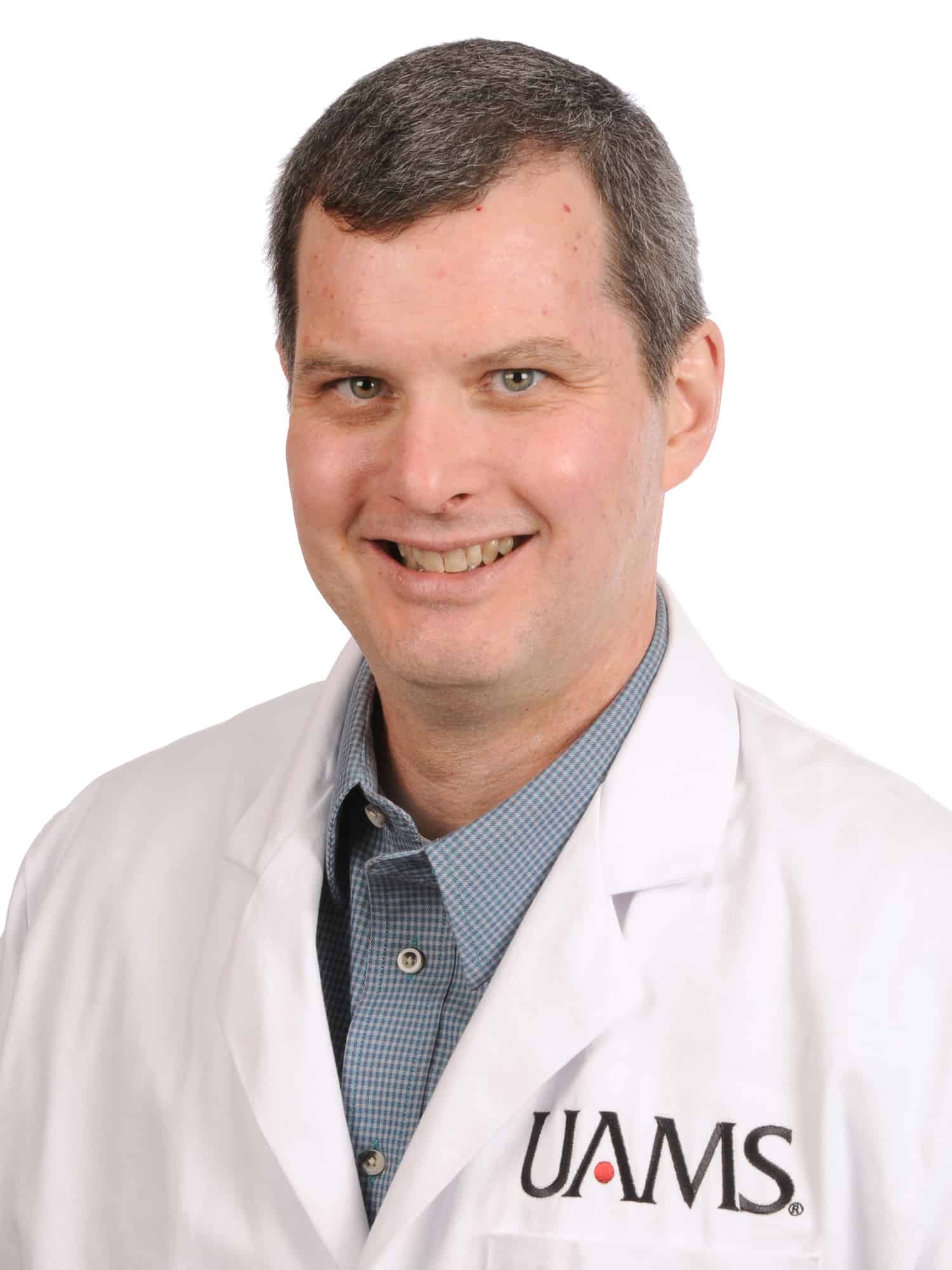
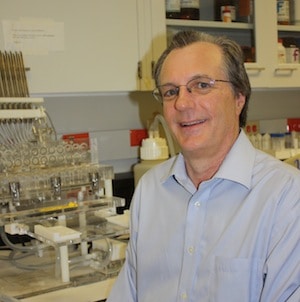

The overall goal of my research is to elucidate the cellular and molecular mechanisms responsible for skeletal aging. We employ genetically modified mouse models, pharmacological and cell culture approaches to unravel the molecular pathways that mediate the effects of sex steroid deficiency and old age on bone. Particular emphasis is given to the contribution of common aging mechanisms such as oxidative stress and cellular senescence.
